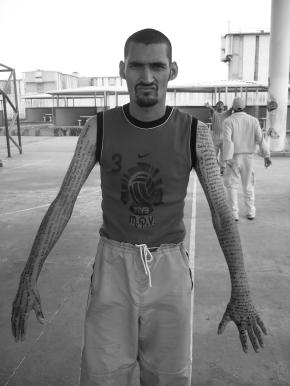
Jose Antonio Vega Macotela, Time Exchange 108, 2007
Exhibition at SMBA (Stedelijk Museum Bureau Amsterdam) 14 August – 2 October 2011
The exhibition ‘Informality’ arises from the increasing attention to banking economy and the interest in alternatives to that, an interest also expressed within the arts. The most recent example of this is TimeBank, by Anton Vidokle and Juliete Aranda. The work involves a network of bank branches in art institutions – including Stroom, in The Hague – for which the central ‘currency’ is not money, but time, in the form of ‘Hour notes’ that circulate among the bank’s clients. The artwork, functions as a commentary on a form of capitalism directed (and misdirected) at the banks, here it becomes a form of alternative economy in and of itself.
Specifically, the exhibition ‘Informality’ focuses on the concept of the informal economy. The informal economy is part of the commercial and service sectors that operate outside the circuit of formal financial transactions –and therefore outside normal banking channels – and is thus hidden from the oversight of the Revenue Service and other governmental institutions that control business and economic affairs. In the West, the informal economy makes up a relatively small part of the total economy: in The Netherlands it is estimated to be about 11%. That is not insignificant; one can think, for instance, of illegal or semi-legal work such as prostitution and domestic help, criminality and fraud, traffic in drugs and people, but also flea markets, EBay, volunteer work and bartering. On other continents, such as Africa and Latin America, but also in former East Bloc countries, the informal economy often makes up the largest part of the total economy.
Artists include:
Marc Roig Blesa, Rogier Delfos, Domestic Workers Union, Matthijs de Bruijne Detour (Marnix de Klerk / NinaMathijsen), Doug Fishbone, Kaleb de Groot, Jose Antonio Vega Macotela and Senam Okudzeto.